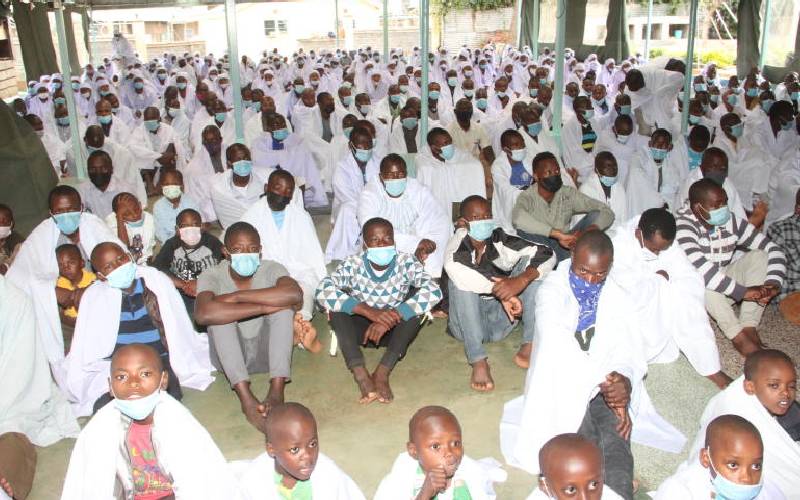×
The Standard e-Paper
Home To Bold Columnists

A group of Shona community whose origin is from Zimbabwe at their church Gospel of God Church located at the junction of Valley Road and Ngong Road.[Edward Kiplimo,Standard]
Kefasi Murwira Marufu, 78, has never had a bank account or a phone in his name.